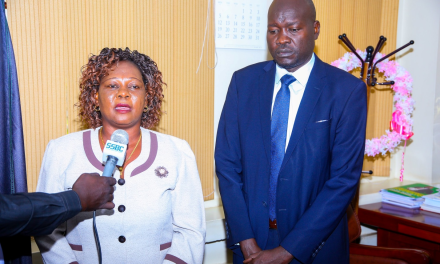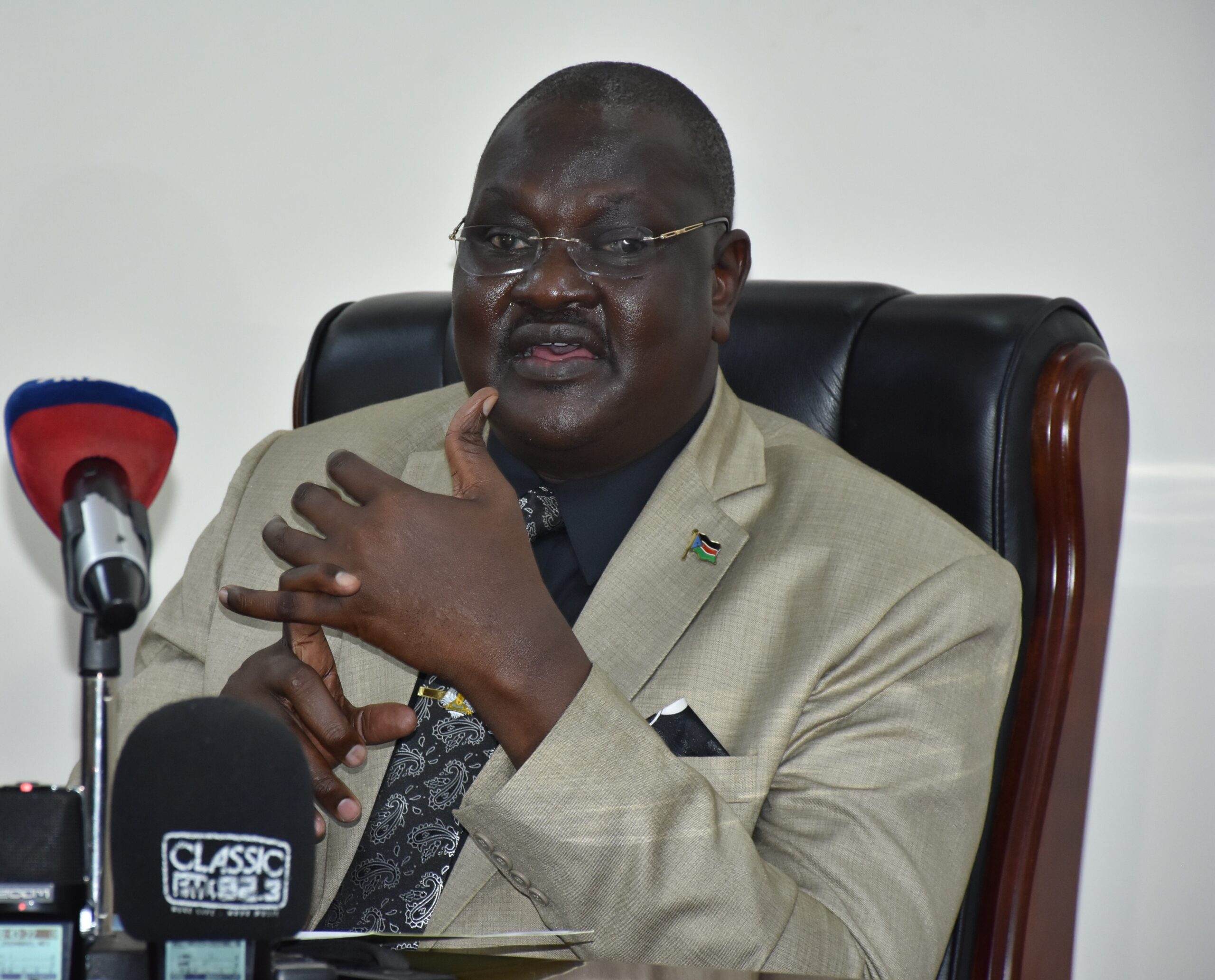
Protecting East Africa’s Natural Capital: The Cost of Inaction


By Nicholas Oguge
Chief of Party, USAID Economics of Natural Capital in East Africa Project
Nature underpins every aspect of economic and human well-being. That’s why recent moves by the East African Community (EAC) and the six partner states (Burundi, Kenya, Rwanda, South Sudan, Tanzania, and Uganda) to counteract environmental threats to the region are so encouraging. Their joint effort is in response to a landmark study of “natural capital” in four iconic transboundary landscapes––Northern Savannas, Albertine Rift Forests, Great East African Plans, and Rweru-Mugesera-Akagera Wetlands. The study found that natural capital in these landscapes provides US$11.3 billion in value annually, serving not only the 33 million people in surrounding communities, but also providing benefits to the region and the globe.
What is clear: in these landscapes, and in East Africa as a whole, we are losing natural capital at an alarming rate due to land use changes and resource over extraction. If we do not do two things – act now and act together across nations – the negative effects will overwhelm not only individuals but communities, businesses, and states in the coming years.

The four transboundary landscapes spanning Burundi, Kenya, Rwanda, South Sudan, Tanzania, and Uganda.
Failing to protect South Sudan’s natural capital will be costly. The study looked ahead to 2050 and projected the increase in costs that will accompany the decrease in nature-based services if we fail to halt wildlife and habitat degradation. In the Northern Savannas, one of the more worrisome threats is the projected increase in livestock numbers up to 224 percent, which will require more land to be converted to pasture and cause greater habitat fragmentation. Land conversion for subsistence agriculture is also on the rise, with cropland expanding at 5.39 hectares per year from 2015 to 2018. Climate change will only exacerbate these threats as it is predicted to lead to large shifts in temperature and precipitation, which will disrupt social and economic well-being.
Transboundary collaboration is key.South Sudan is an essential part of any transboundary efforts to work with neighbors and harmonize protected area management plans and conservation enterprises; otherwise, the significant losses in jobs and livelihoods will occur on both sides. South Sudan could consider incentivizing the private sector to invest more in conservation enterprises that support improved livelihoods of landowners and community members for biodiversity conservation and human well-being. Such support is effective when it targets the harnessing of regenerative supply chain models in agriculture and livestock production among transboundary communities.
Nature-based solutions in the savannas would entail strengthening silvopastoral practices, eco-tourism (camps, lodges, and home stays), livestock (beef and dairy value chains), beekeeping and honey and wax production, crafts, sustainable charcoal, carbon markets, and services (electrician, plumber, mason, carpentry, small retail shops). South Sudan has an opportunity to support the building of cohesive communities in the southern and south-eastern part of the country to work with the landowners and communities across borders with Uganda and Kenya, respectively. This will enhance landscape connectivity and peaceful coexistence in the transboundary ecosystems.
Nature does not adhere to political or economic boundaries. Across states and sectors, we share a mutual dependence on the health of our transboundary forests, wetlands, savannas, and plains. That’s why we must work together to protect what we have and restore what is degraded. Download the study today.
Nick Oguge, Ph.D. is Chief of Party for USAID’s Economics of Natural Capital in East Africa project, which aims to equip public and private sector leaders with evidence on nature’s economic value to improve decisions around conservation and sustainable development. Mr. Oguge is based in Kenya and has 37 years of experience in nature conservation and academia in East Africa, Belgium, New Zealand, the United Kingdom, and the United States. You can access the study, “Protecting East Africa’s Natural Capital: The Cost of Inaction” at https://www.climatelinks.org/resources/cost-of-inaction. Contact: noguge@enviroincentives.com
| For more information: Chihenyo Kangara Regional Climate Change & Resilience Specialist USAID Kenya & East Africa P.O. Box 629 Village Market 00621 Nairobi, Kenya |




































